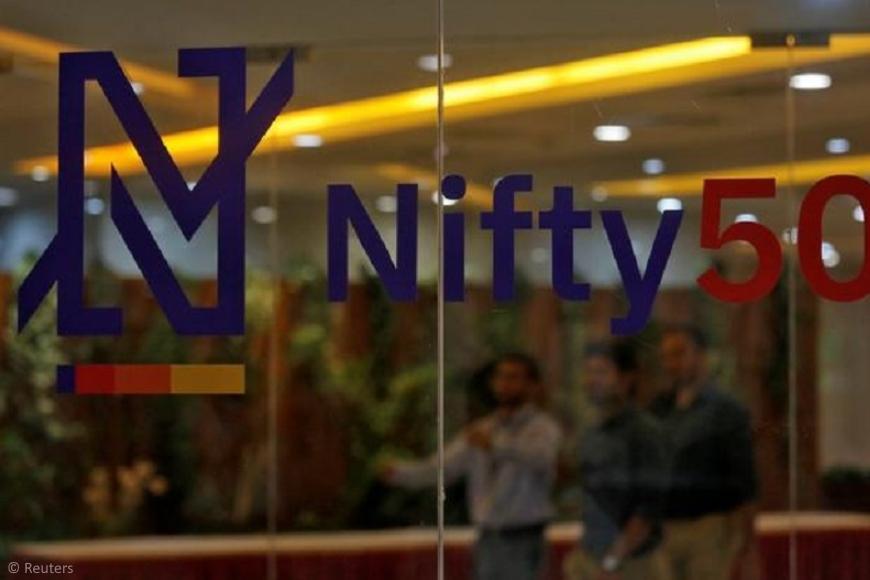The Asian market ends September with losses
The Asian market fell on Friday and is set for a deep monthly loss, as the worsening global economic outlook and continued hawkish signals from major central banks dampened appetite for risky assets.
Regional stocks received a weak baton from Wall Street, which fell the day before, as investors fear that an interest rate hike by the US Federal Reserve could hurt the economy. Big Tech stocks were hit the hardest, with Asia’s tech stocks also lagging far behind their peers in September. The Hong Kong Hang Seng index lost 14% in a month, while the South Korean KOSPI and the Taiwanese index lost about 11% each.
Japan’s Nikkei 225 was an underdog in Asia on Friday, falling 2.1% despite better-than-expected industrial production and retail sales data. The weakening yen and rising commodity prices are expected to put strong pressure on the Japanese economy this year.
The Nikkei also lost nearly 8% in September, which was its worst month since March 2020, when the COVID-19 pandemic began. Most other regional indexes are set to a similar monthly milestone.
Asian markets have tumbled this year amid growing fears of a slowdown in economic growth amid hawkish signals from several major central banks and weakening economic data around the world.
The pressure on regional equities is expected to continue as interest rates and bond yields rise.
Losses in the Chinese equity market were somewhat muted after the September PMI data painted a mixed picture of the economy. The Shanghai Shenzhen CSI 300 fell 0.2% and lost almost 7% in a month.
While the official release showed unexpected growth in the country’s manufacturing sector in September, a private survey contrasted with this data, showing that the sector contracted more than expected.
Official data also showed that China’s non-manufacturing sector grew slower-than-expected in September, suggesting that a recovery in the world’s second-largest economy is still a long way off.
India’s blue-chip Nifty 50 rose 0.5% after the country’s central bank raised interest rates by 50 basis points as expected. However, the bank also lowered its forecast for economic growth in the 2022-2023 financial year, citing increased inflationary pressures and adverse factors associated with a slowdown in the global economy.




